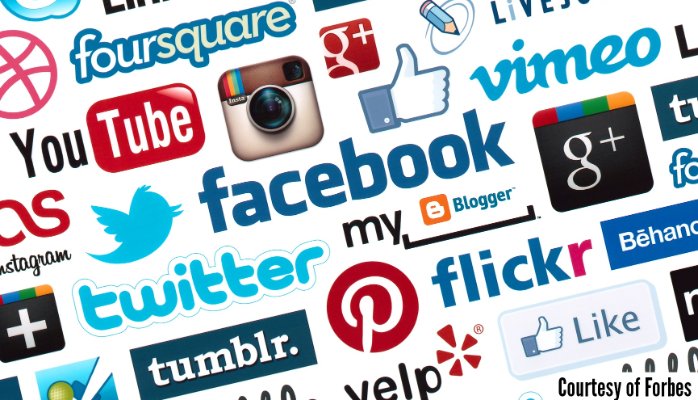The Dangers of Going Social

Since the introduction of Facebook in 2004, social media has revolutionized the way business is done, people communicate, and the way we live. The introduction of other social media utilities such as Twitter and Instagram have only added onto how billions of users from around the world interact with one another; however, as individual users have jumped on board with social media accounts, companies and organizations have followed suit, each trying to carve their sliver of space onto an individual’s news feed.
The introduction of brands and companies into the social media space has become the place for both positive and negative limelight to impact businesses. Below, I list two pros and two cons about how people take advantage of utilizing social media in relation to companies, for both bad and good.
Cons
Bad Stories: Social media is a platform—or breeding ground—for bad stories. From a personal perspective, since I first joined social media, I have observed over time that people will tend to post a review for a product or service when something goes wrong more often than when something good happens. According to a 2013 research study done by Zendesk, a San Francisco-based software company, they had over one-thousand people complete a survey on customer service experiences. Research from this survey concluded that bad customer service stories are more prone to being exposed than good ones: 95% of those surveyed share bad experiences and 85% share good experiences, and 33% of those surveyed shared their good stories with more than five people, and more than half—or 54%—shared bad stories with more than five people. Fortunately, some companies have excellent social media teams working around the clock to resolve customer problems. But sometimes, the story is so shocking to the first few people that learn about it (albeit true), that even the best social media teams can’t eliminate the story from being shared in an online, public domain quickly enough, which leads me to my next point.
Viral-ness: As I mentioned before, I do not often hear about good social media stories tied to a company or brand, especially stories that go viral. Take the “United Breaks Guitars” story. When this video was released, which responded to the poor customer service incident this situation, it was impacting the reputation of United Airlines in hours. While United may have not necessarily lost a significant portion of business (for a temporary amount of time), no company wants even one bad apple ruining its revenue stream. The “United Breaks Guitars” video was watched by millions of viewers on its YouTube video alone and was on traditional media at news outlets such as CBS, ABC and FOX News.
Pros
Solving Customer Complaints: Companies such as jetblue have set an excellent standard for how any business, or organization for that matter, should present themselves on social media. This company, although their fleet does not even stack up against larger airlines like Delta or American Airlines, does so well because they always have social media representatives waiting to solve the problems disgruntled customers present to them. Whether it’s a Tweet complaining about a product, or a Facebook message notifying a company about an incident that occurred, the best social media teams are not just ready to remedy the problem; they proactively wait to solve the problem with several potential solutions lined up. No company will have every solution ready when their social media accounts are first fired up, as solutions are created over time and evolve into better ones.
Making Customers Feel Good About Themselves: Many Twitter users who tweet directly to celebrities’ are often hoping that the celebrity they tweet to responds; rarely, this is the case. But what about those businesses that directly engage with their followers (customers)? Take DAVIDsTEA, for example. This business has been incredibly successful using social media (marketing) by interacting with their “fans”, including responding to comments on their various social media accounts, (with anastounding 95-99% response rate on Twitter) Part of their success to this was by getting Hootsuite, a social media management platform. Even without Hootsuite, however, there is still opportunities to ensure success on social media and making sure businesses connection right to their fans.
Comment below with your thoughts! In engaging with businesses, is it for good, bad, or both? Feel free to share a story!
